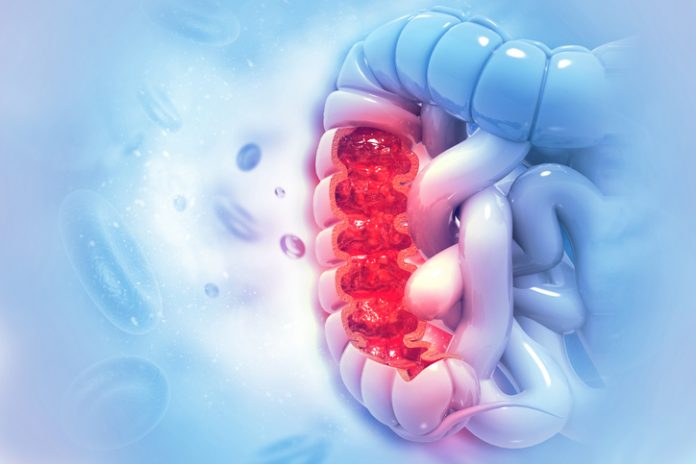
Disrupting the circadian clock of cells, such as through shift work, could play an important role in the alarming rise of colorectal cancer in younger people, research suggests.
The study in mouse and human tissue found that genetic disruption of this internal, biological pacemaker drove progression of the cancer through its impact on the adenomatous polyposis coli (Apc) tumor suppressor gene.
Disturbing circadian rhythms by changing light exposure in a way that mirrored shift work three to four days per week accelerated colorectal cancer, the research in the journal Science revealed.
“Given the alarming rise in young-onset colorectal cancer in adults in the 20s and 30s, our work suggests that maintaining proper circadian rhythms (sleep/wake cycles, feeding/fasting behavior) is important for human health,” researcher Selma Masri, an assistant professor of biological chemistry of the University of California, Irvine, USA, told Inside Precision Medicine.
APC point mutations, deletions, and loss of heterozygosity have been reported in 80 per cent of cases of colorectal cancer in people, the investigators note.
To investigate further, they developed a new tissue-specific genetically engineered mouse model (GEMM) to define the molecular pathways linking circadian disruption and the pathogenesis of colorectal cancer.
The researchers used healthy and tumored mouse intestinal tissue to create intestinal organoids, artificially cultured collections of cells that represent a simplified version of the intestine.
They found that circadian clock disruption resulted in increased loss of heterozygosity in the Apc gene, where a cancer cell loses one of its two alleles at a locus through the deletion of one version, either in isolation or with duplication of the remaining allele.
This means the cancer cell has to rely on gene products that are coded by a single allele rather than that of both alleles, as is the case in normal cells.
The loss of Apc heterozygosity hyperactivated signaling through the Wnt pathway, leading to a rise in glycolytic metabolism that could fuel the development of intestinal tumors.
Organoids created from tissue taken from colorectal cancer patients, revealed that those derived from tumor tissue had lost their circadian rhythms compared with those from healthy tissue.
A further analysis of gene transcription data from 512 colorectal cancer patients in the landmark Cancer Genome Atlas genomics program indicated that variation between core clock genes and Wnt pathway genes was a significant predictor of patient survival.
“Data from our GEMM indicate that genetic disruption of the circadian clock drives [colorectal cancer] progression, which is supported by substantial rewiring of cellular metabolism,” the researchers report.
“However, the role of environmental disruption of the circadian clock in the context of [colorectal cancer] remains undefined. High-fat diet (HFD) is known to reprogram circadian metabolic rhythms.
“In addition, HFD and high- fructose diet are known to accelerate [colorectal cancer] by regulating de novo lipogenesis.”













